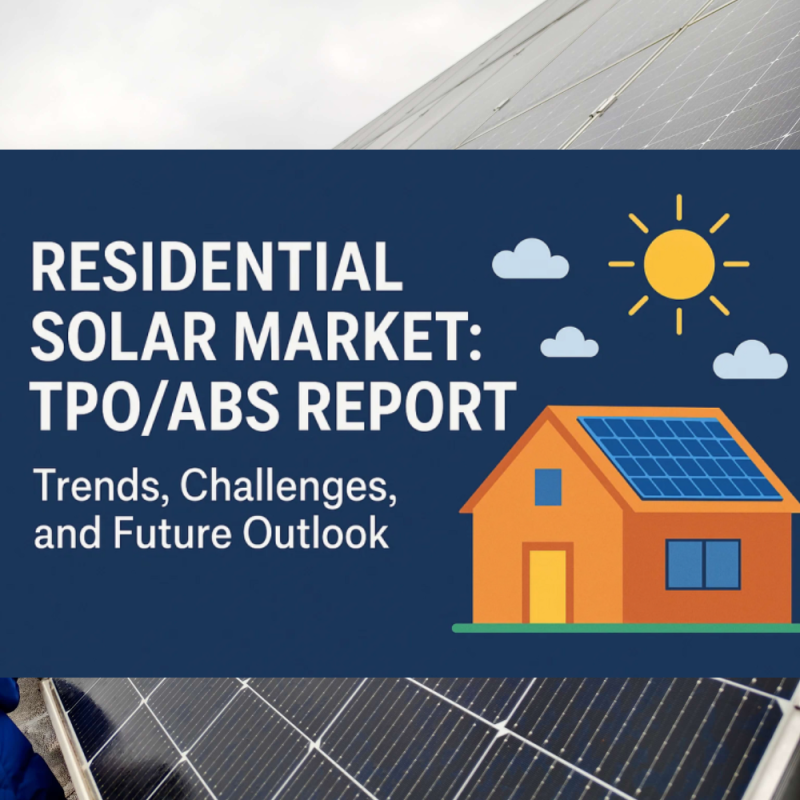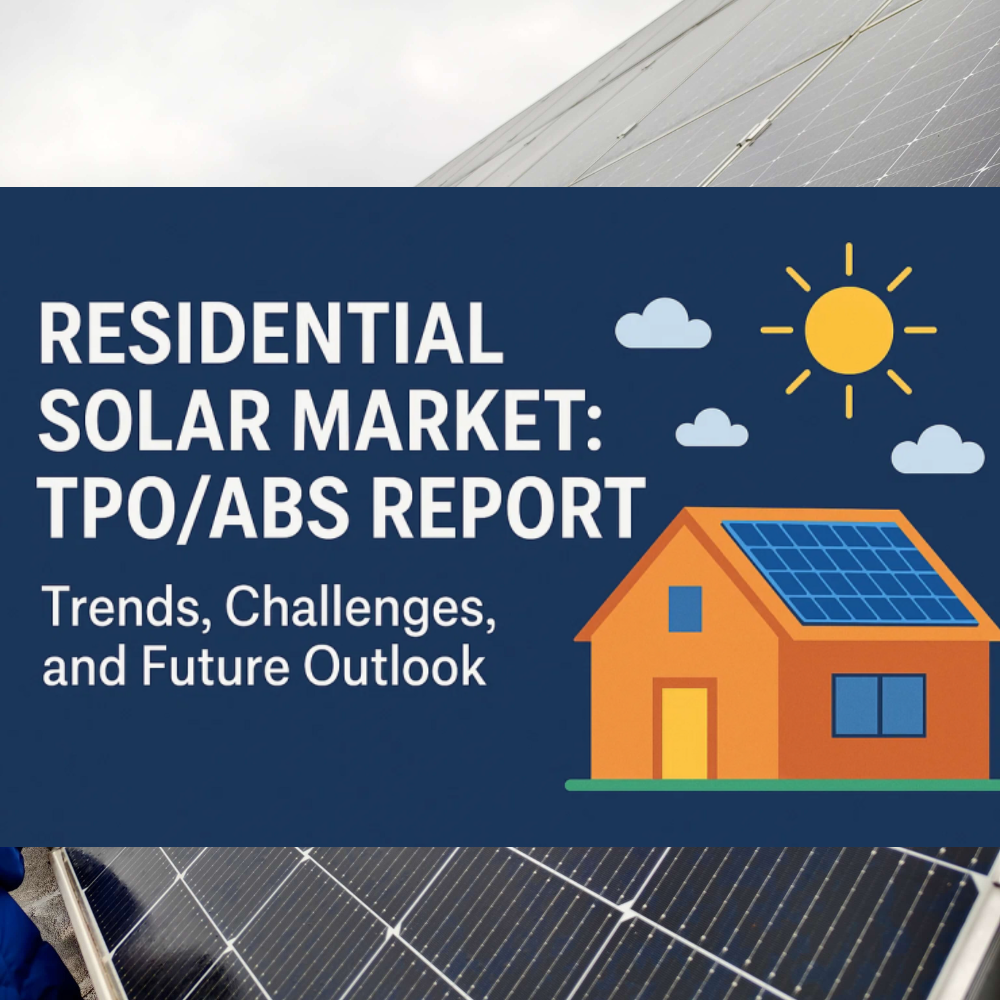Let’s break down the term:
- Solar: Refers to solar energy, specifically electricity generated by rooftop solar panels.
- ABS: Stands for Asset-Backed Security.
So, a Solar Asset-Backed Security (Solar ABS) is a financial investment product. It works like this:
- Homeowners install solar panels on their roofs. Often, they don’t pay for the entire system upfront. Instead, they sign a long-term contract (20-25 years) with a solar company.
- The Contracts: These contracts promise a steady stream of future cash flows. The two main types are:
- Solar Leases: The homeowner pays a fixed monthly rent to use the solar system.
- Power Purchase Agreements (PPAs): The homeowner agrees to buy the electricity generated by the panels at a set, usually discounted, rate per kilowatt-hour (kWh).
- The Solar Company now has thousands of these contracts, which are reliable income streams. They gather a large pool of these contracts and “bundle” them together into a single financial product—the Solar ABS.
- Investors (like pension funds, insurance companies, or hedge funds) then buy shares of this Solar ABS. In return, they receive the monthly payments from the thousands of homeowners as a return on their investment.
In simple terms, it’s a way for solar companies to get a large lump sum of cash today from investors by selling the rights to the future income from their customers’ contracts. They use this cash to finance more solar installations for new customers.
How It Can Help a Person Save Money
Now, here’s the crucial part: The Solar ABS itself is not a product that a typical homeowner directly buys to save money. It’s an investment for large institutions.
However, the existence of the Solar ABS market is the very reason a homeowner can save money. It’s the behind-the-scenes engine that makes $0-down solar possible.
Here’s how it indirectly leads to massive savings for you:
1. Enables $0-Down Solar Installation
This is the biggest benefit. Most people cannot afford to pay $20,000 – $40,000 in cash for a solar system. The Solar ABS market provides solar companies with the upfront capital they need to offer leases and PPAs with no money down. This allows homeowners to get solar panels installed immediately without a large initial investment.
2. Lowers the Cost of Financing
Because solar companies can sell their contracts to deep-pocketed investors, they can access capital much more cheaply than if they borrowed from a bank. This lower cost of capital is passed on to the homeowner in the form of:
- Lower lease payments.
- Lower per-kWh rates in a PPA.
These rates are almost always significantly lower than the local utility’s electricity rate.
3. Provides Predictable, Lower Energy Bills
Once you have a solar lease or PPA, your energy costs become highly predictable. You are locking in a low, fixed rate for your electricity for 20+ years. Meanwhile, utility rates have historically risen by about 2-3% per year nationwide (and much more in some states). Your savings compound over time as the gap between your locked-in solar rate and the rising utility rate widens.
A Simple Example of Savings:
- Your current utility charges $0.22 per kWh.
- You sign a PPA with a solar company for $0.15 per kWh.
- Your system produces 1,000 kWh in a month.
- Before Solar: Your bill was 1,000 kWh * $0.22 = $220
- With Solar PPA: You pay 1,000 kWh * $0.15 = $150 to the solar company.
- Instant Savings: You save $70 that month. Over 25 years, these savings can add up to tens of thousands of dollars.
Summary: The Chain of Savings
| Step | What Happens | How the Homeowner Saves |
|---|---|---|
| 1. | Solar ABS market gives companies upfront cash. | Enables $0-down installation offers. |
| 2. | Companies use this cash to install systems for homeowners with no upfront cost. | Avoids a huge upfront purchase ($20k+ saved today). |
| 3. | Homeowner signs a lease or PPA with a low, fixed rate. | Locks in a low electricity rate for 25 years. |
| 4. | Utility rates continue to rise over time. | Savings increase every year compared to the neighbor’s bill. |
In conclusion: You don’t buy a Solar ABS, but you benefit from it. It is the critical financial mechanism that allows solar companies to offer affordable, no-money-down solutions that immediately lower your monthly electricity bill and protect you from future rate hikes, leading to significant long-term savings.



